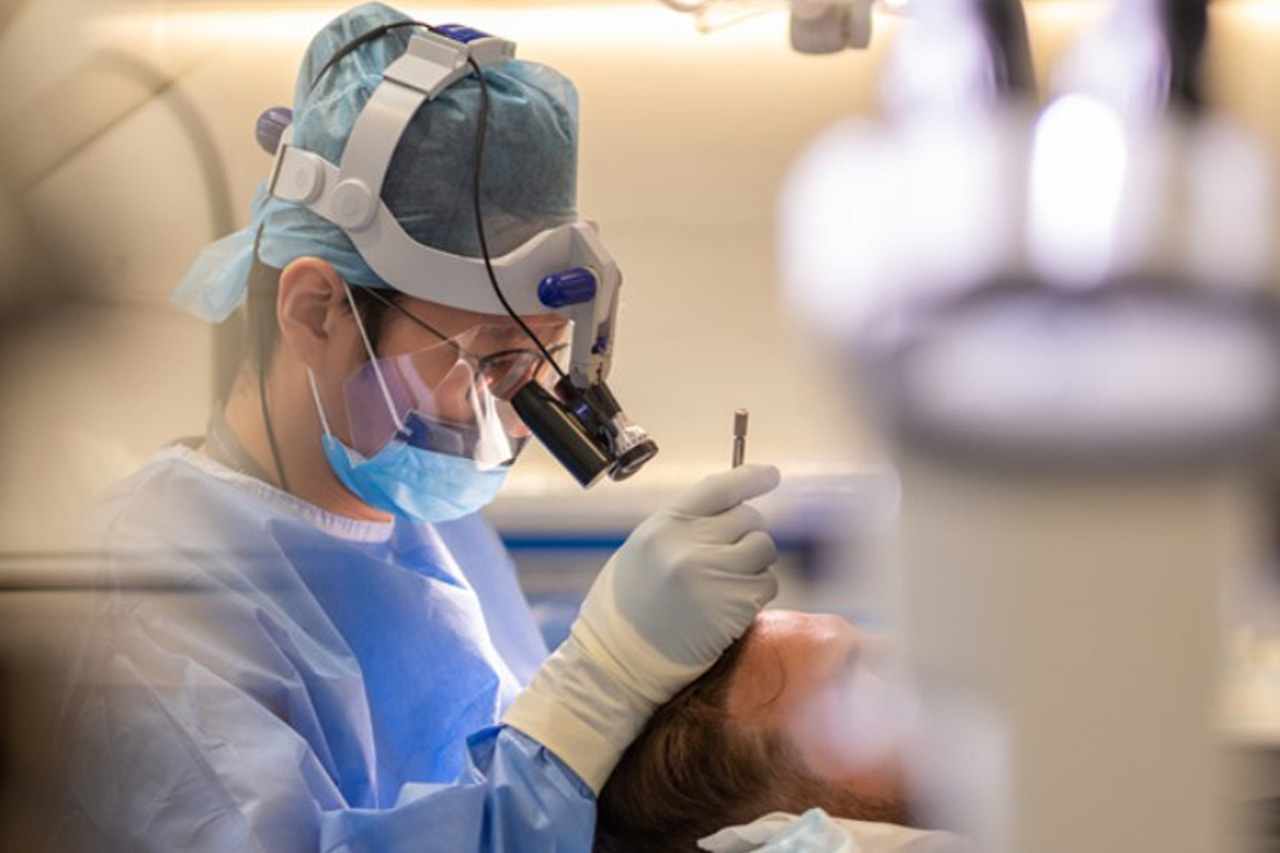Hair loss is a common concern that affects individuals of various ages, and while hair transplants offer a promising solution, the right timing is crucial for achieving the best results. In this blog, we’ll delve into the factors that influence the ideal age for a hair transplant, helping you make an informed decision on when to embark on your hair restoration journey.
Understanding the factors
The age at which you should consider a hair transplant can vary depending on several factors. Let’s explore some of the key considerations.
Type and extent of hair loss
The type and severity of hair loss play a significant role in determining the best age for a hair transplant. Different patterns of hair loss are more common at specific ages, and understanding these patterns is crucial.
Stability of hair loss
It’s essential to ensure that your hair loss has stabilised before undergoing a hair transplant. A stable pattern of hair loss allows for a more accurate assessment of your long-term needs, reducing the risk of further hair loss affecting the transplanted hair.
Emotional and psychological maturity
The decision to get a hair transplant is not solely based on physical factors. Emotional and psychological readiness are equally important. Realistic expectations and a positive outlook can significantly impact your satisfaction with the results.
The best age for a hair transplant
The best age for a hair transplant can vary from person to person and depends on individual factors such as the extent of hair loss, the stability of hair loss and overall health. Here are some considerations for different age groups:
Younger patients (20-30)
Dr Mark Tam is seeing higher volumes of younger patients lacking confidence in their hair. Hair loss, including a receding hairline, can be particuarly stressful at this age but hair transplants should not be offered to any individuals under the age of 20.
Mid-age patients (30-45)
This age group is often a good candidate for a hair transplant, provided they have experienced stable hair loss and have realistic expectations. Hair loss stabilisation is essential to ensure that the transplanted hair doesn’t get affected by ongoing hair loss.
Older patients (over 45)
Hair transplants are typically suitable for older individuals as long as they are in good health. It’s important to discuss the procedure with a qualified surgeon, as the extent of hair loss and the quality of the donor area (typically the back and sides of the head) can affect the results.
Book your assessment
Ultimately, the best age for a hair transplant is determined on an individual basis. Consulting with a reputable hair transplant specialist, such as Dr Tam, is crucial. Dr Tam will be able to assess your unique situation, discuss your expectations and provide personalised recommendations.
It’s essential to understand that hair transplants are not a one-size-fits-all solution. The success of a hair transplant depends on several factors, including the patient’s age, hair loss pattern, the quality of donor hair and the skill of the surgeon.
You can book in for a FUE hair transplant assessment with Dr Tam today. This is the best way to assess your eligibility for a hair transplant. You will receive a full report via email once you’ve submitted your details and the six photographs required.



